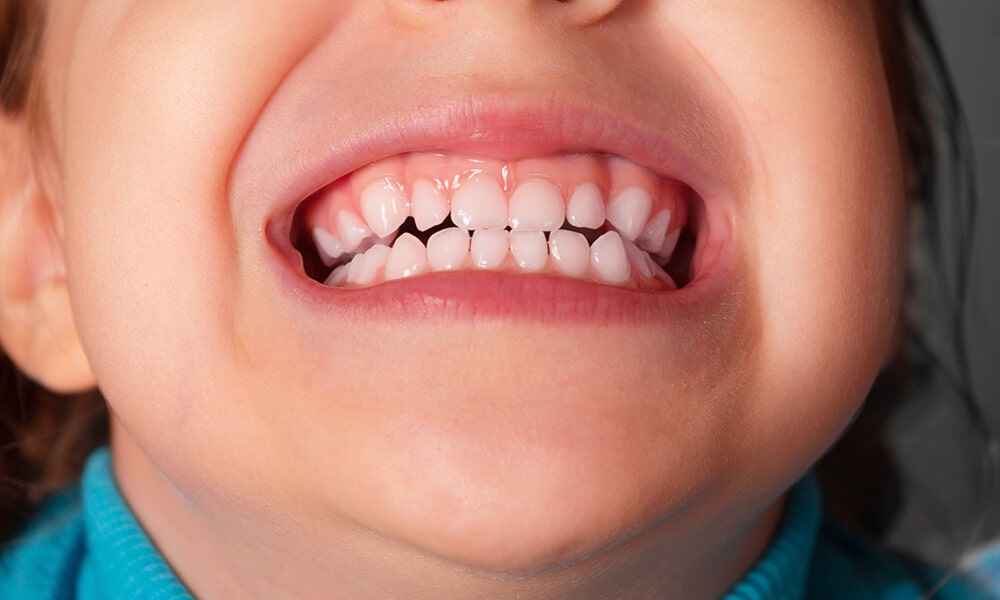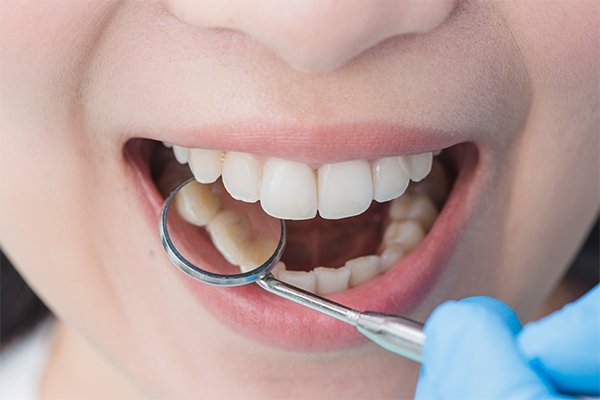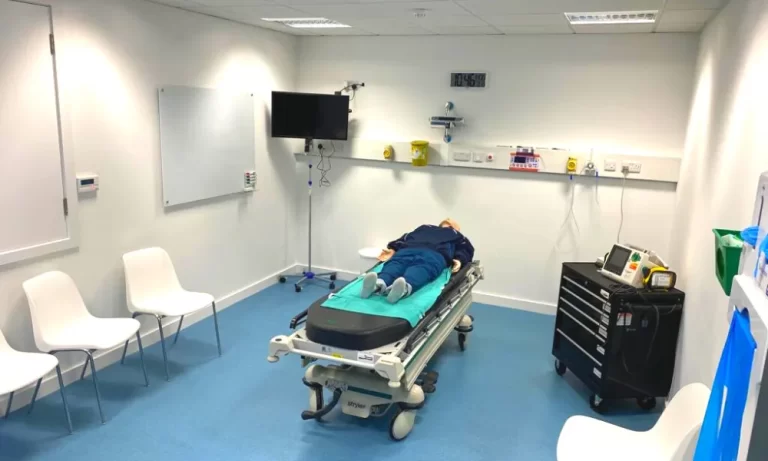
Teeth Grinding, or bruxism, is a condition that can have a considerable effect on oral health, but it is often overlooked. An involuntary habit of grinding, gnashing, or clenching the teeth occurs in sleep and is called sleep bruxism. Some individuals also experience these when they are awake. It is called awake bruxism. If you suspect any occurrence of the mentioned condition in your child or yourself, consulting a general dentist in Boynton Beach, FL can be a great help for your further treatment.
What Causes Teeth Grinding?
Bruxism can be caused by a variety of factors, including psychological and physiological.
Anxiety and stress are one of the common psychological causes. A person may unconsciously grind their teeth or clench their jaw when they are under stress, particularly while they are sleeping. This unusual activity often goes unnoticed by us until symptoms escalate or a dentist notices the wear patterns on the teeth.
Another effective factor is misalignment of the teeth or an abnormal bite. When the teeth are not aligned, it can lead to overuse of jaw muscle during chewing, resulting in grinding and clenching. It is seen in individuals who have undergone dental treatments and also people with orthodontic issues.
When it comes to bruxism, lifestyle choices play an important role in its further development. Excessive caffeine consumption, alcohol, and smoking can result in increasing the occurrence of teeth grinding. Also, certain medications, like antidepressants, have been linked to resulting bruxism as a side effect.
What Are The Consequences of Teeth Grinding?
Grinding teeth can have severe repercussions. Dental damage is one of the most immediate results. Continuous grinding can lead to wearing down enamel, resulting in increasing teeth sensitivity while also increasing the risk of cavities. Severe cases also seem to cause fractures or even tooth loss.
Apart from teeth, bruxism has a notable effect on the jaw. Joint issues such as temporomandibular joint disorder can be caused due to extreme force applied to grinding teeth. This can lead to symptoms like jaw pain, headaches, earaches, and difficulty in opening or closing the mouth. Over time, these can affect their life greatly as performing everyday tasks like eating and speaking become difficult tasks.
Teeth grinding can also contribute to sleep disturbances, not only for the individual but also for the partner, as noise caused by grinding can disturb them, leading to fatigue and overall health issues. Also, the stress and anxiety that sometimes accompanies bruxism can create a cruel cycle, resulting in their condition escalating.
Customized Treatment Options For Bruxism

Managing bruxism requires a varied approach tailored to the specific needs of individuals. The first step will be a thorough examination by a dentist, who can help in assessing the level of damage and identify possible.
Night guards are one of the most common and effective treatments. A device custom-made that fits over the teeth can help protect enamel by providing a cushion to absorb the force of grinding. Night guards can significantly reduce the damage that is caused by bruxism and also relieve the pain that comes with it.
For individuals whose bruxism is the result of their stress and anxiety, behavioral therapies can be really helpful. To help manage their psychological triggers, the use of Cognitive-behavioural therapy (CBT) and relaxation techniques like meditation and biofeedback can be of significant help. In some cases, to address the underlying mental health issues, counseling therapy is also recommended.
For those with misaligned teeth and abnormal bites, orthodontic treatment can be necessary. Alignment issues can be corrected with the help of braces, retainers, or other dental appliances that help to reduce the strain on the jaw muscles and minimize grinding.
Also, lifestyle modification can be a great help while managing your bruxism. Reducing caffeine intake and alcohol consumption, quitting smoking, and practicing sleep hygiene to reduce teeth grinding can be steps to manage the increasing conditions.
Consult Your Dentist Today!
If you suspect any signs of teeth grinding, it is better to consult a professional at an earlier stage to control the damage.







